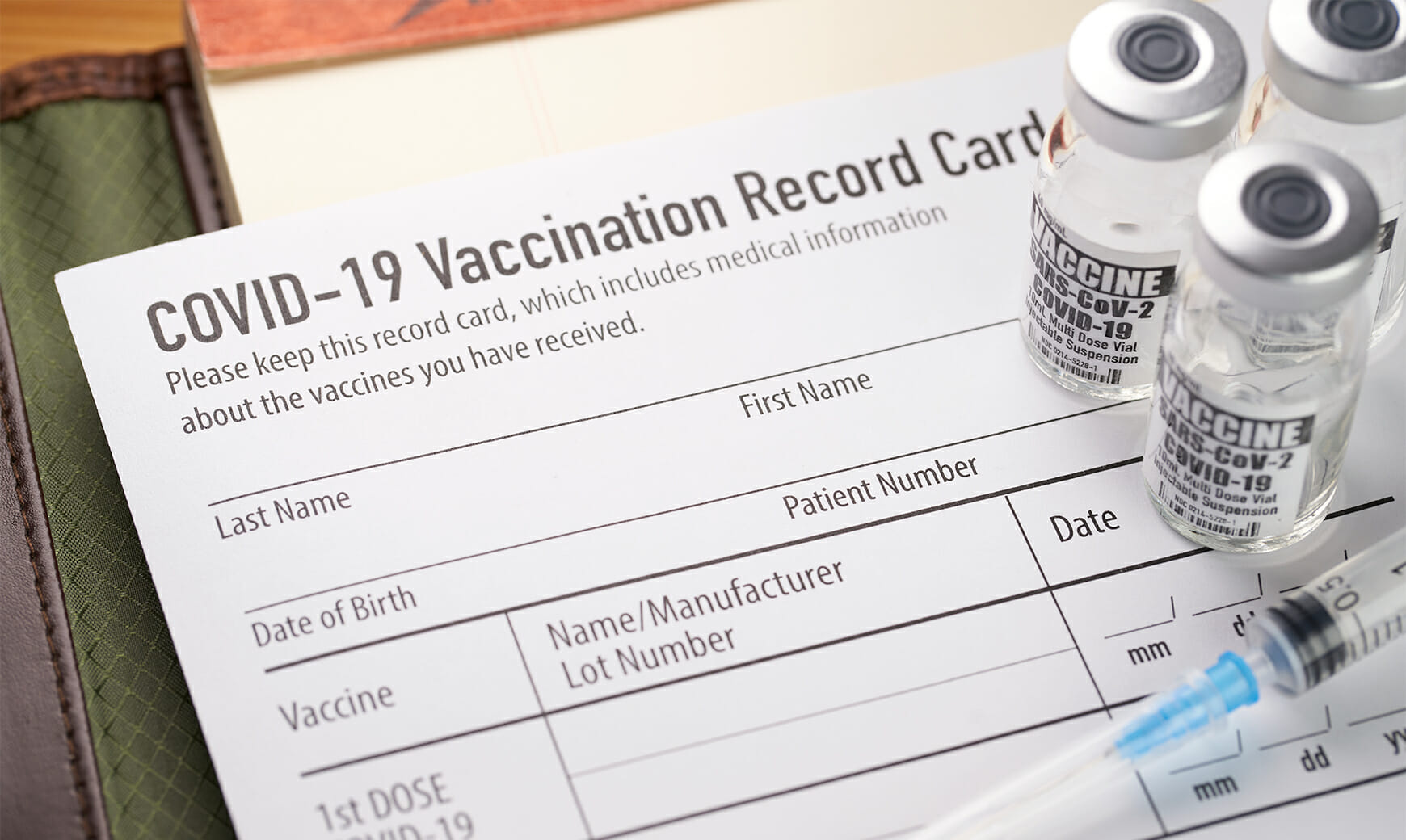On Thursday, January 13, 2022, the U.S. Supreme Court issued a stay of the Occupational Safety and Health Administration’s (OSHA) COVID-19 vaccine-or-test Emergency Temporary Standard (ETS). This halts OSHA’s enforcement of the ETS until the Sixth Circuit rules on the merits of the ETS and until the appeals to the Supreme Court (which are almost certain to follow) are decided. Although Thursday’s ruling was not a final decision on the ETS, it forecasts the likely outcome of a final ruling from the Supreme Court.
This decision came just days after OSHA’s enforcement deadline for private employers with 100 or more employees to comply with all aspects of the ETS except the testing component. Marty Walsh, the Secretary of Labor, issued a statement after the ETS was halted stating that OSHA is evaluating all options to ensure workers are protected. Without a specific COVID-19 standard in place, OSHA’s workplace COVID-19 enforcement efforts will likely rely on the Occupational Safety and Health Act’s general duty clause when other specific standards do not apply.
While the OSHA ETS has been halted, employers should keep in mind that they may be subject to other COVID-19 vaccine mandates, safety requirements, or restrictions limiting such mandates.
- The Centers for Medicare & Medicaid Services (CMS) can now enforce its vaccine mandate for certain healthcare workers. On January 13, the Supreme Court lifted the injunctions on the CMS vaccine mandate for most Medicare- and Medicaid-certified healthcare providers. This means CMS can resume enforcement of the vaccine mandate while the litigation challenging the regulation’s validity continues. Employers can read more about who is covered by the mandate and the mandate’s requirements here. In an exercise of enforcement discretion while injunction proceedings eventually reached the Supreme Court, CMS announced the following new deadlines for enforcing the two phases of its mandate:
- Enforcement of Phase 1 (requiring staff at covered healthcare facilities to receive the first dose of a two-dose vaccine, or one dose of a single dose vaccine, or have requested or been granted an exemption to the vaccination requirement for medical or religious reasons) will begin on January 27, 2022; and
- Enforcement of Phase 2 (requiring staff at covered healthcare facilities to be fully vaccinated, except for those who have been granted exemptions for medical or religious reasons) will begin on February 28, 2022.
- Federal contractor vaccine mandate is still in flux. At this time, the federal contractor vaccine mandate is subject to a nationwide injunction that prohibits the federal government from enforcing it. This mandate was not addressed by the Supreme Court’s rulings on January 13. Employers can read more about the federal contractor vaccine mandate here.
- Employer obligations under state and local laws. Some states and local governments have enacted workplace safety laws that apply to COVID-19. For example, the New York HERO Act requires private employers to implement an airborne infectious disease exposure prevention plan. At the local level, New York City’s Commissioner of the Department of Health and Mental Hygiene issued a vaccine mandate that applies to private employers with one or more employees and the self-employed in New York City.
- Employer restrictions under state and local laws. In some jurisdictions, laws have been enacted that place restrictions on employer vaccine mandates. For example, in Florida, state law prohibits employer COVID-19 vaccine mandates that do not allow employees broad opt-out options, including medical reasons (including pregnancy or anticipated pregnancy), religious reasons, COVID-19 immunity, periodic testing, and the use of employer-provided personal protective equipment.
Can employers still implement a COVID-19 vaccine-or-test policy or other COVID-19-related policies?
Yes. Private employers that have implemented COVID-19 policies based on the OSHA ETS, were in the process of doing so, or want to implement a COVID-19-related workplace policy may do so, but they should assess these policies in the context of applicable state and local laws and revise them accordingly.
